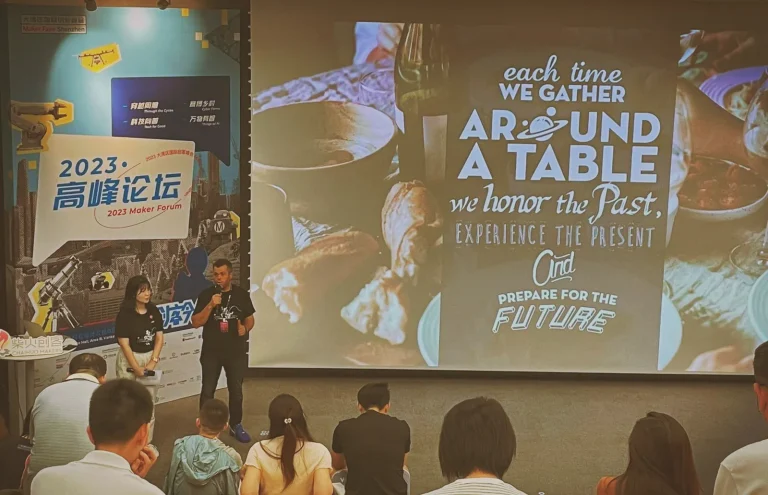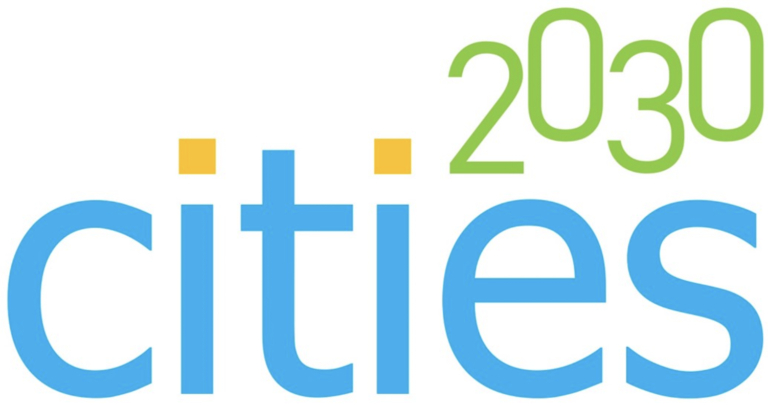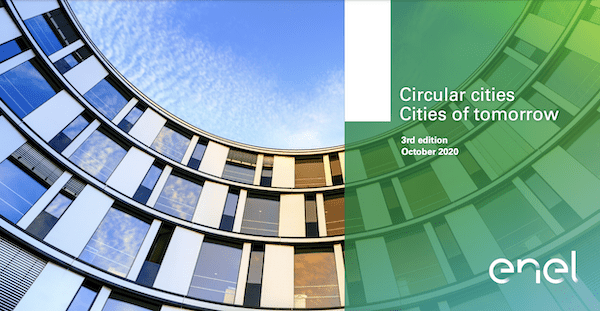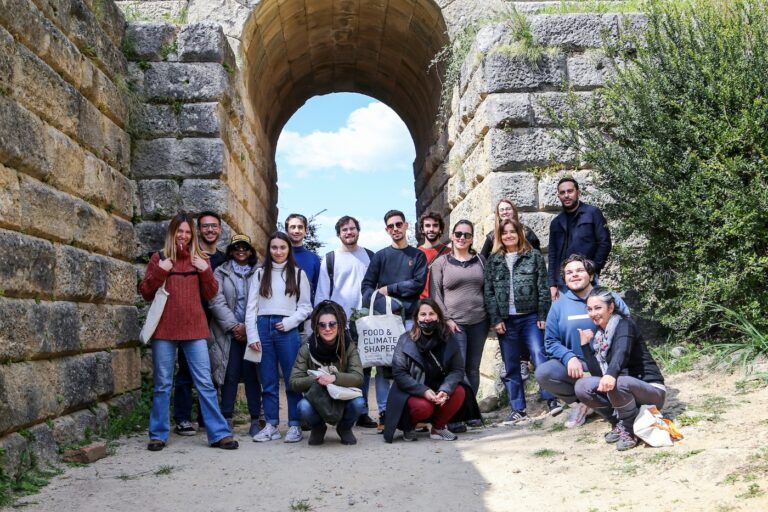
Future Food Institute at Maker Faire Shenzen: Championing Mutual Values for a Sustainable Future
The Future Food Institute’s return to the Maker Faire, led by the visionary Andrea Magelli, in Shenzhen, China, is more than a mere participation; it’s a




